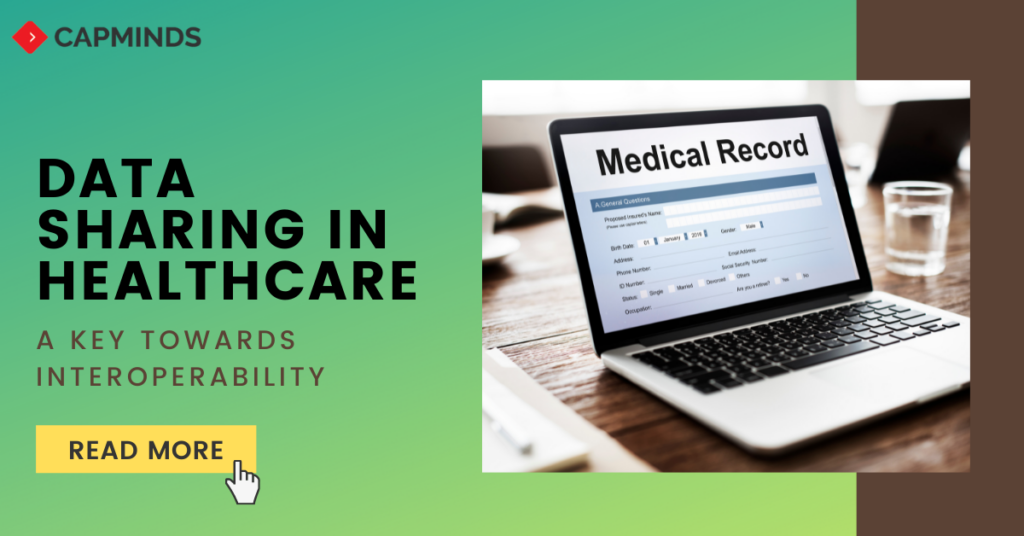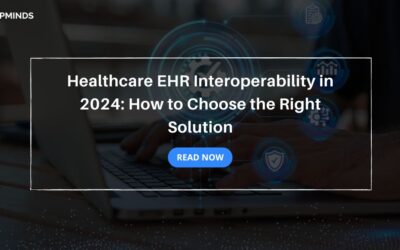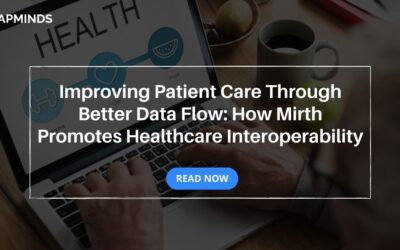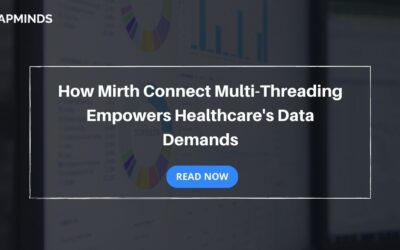Data Sharing In Healthcare: A Key Towards Interoperability
In today’s modern healthcare today, data is everything. From health-focused smartphone apps to the electronic health records (EHRs) doctors and hospitals manage, data is being collected on a massive scale that could offer invaluable insights into individual and population-wide behavior and health trends that could transform how healthcare providers operate and deliver care.
If people in the U.S. are open to sharing more of their health information with providers, they could tip the balance when it comes to data sharing in healthcare. With better access to more medical data, healthcare providers along with standards-developing organizations, payers, and relevant government agencies could move the needle on interoperability in healthcare by facilitating data collection and EHR sharing for greater performance, enhanced care coordination, and better patient outcomes.
Healthcare data sharing: What patients ready to share?
It turns out that people may be ready for more data sharing in healthcare than you may initially think. In addition, two-thirds of adults would like clinicians to exchange some health information not currently required by federal data sharing policies.
The Strategic Health Information Exchange Collaborative (SHIEC) conducted a national survey in 2019 that found 92% of the U.S. population is covered by a health information exchange (HIE), which is a larger database that allows participating healthcare providers to share and access EHR.
Currently, the United States Core Data for Interoperability (USCDI), the standardized set of health data in HIEs, requires the following data classes to be shared across EHRs:
- Allergies and intolerances
- Immunizations
- Medications
- Care team
- Assessment/treatment plans
- Clinical notes
- Procedures
- Smoking status
- Demographics
- Vitals
- Lab results
- Provenance (date, provider)
- Health problems, concerns, and goals
- Implantable device Ids
By sharing more information, such as radiology scans and reports, doctors could potentially reduce the amount of redundant testing done, which could save time and money for patients and providers alike. In addition, sharing information like behavioral and mental health, substance use, and social determinants of health could offer doctors a more holistic understanding of a patient and the health challenges they face.
RELATED: TOWARDS THE BIG VISION OF INTEROPERABILITY IN HEALTHCARE
HIPAA compliant to ensure data security
When discussing personal information like medical history and health data, privacy issues come into play in a bigger way than with other types of user data. While the Pew survey found that many Americans would like their providers to share more information, there were concerns over privacy and the lack of patient access to their medical records. Patient mobile apps or portals from healthcare providers that allow people to access their EHR must be HIPAA-compliant to ensure the security and privacy of that information.
However, when it comes to health apps that allow people to download their EHR from various providers to one place, data security may be a larger concern. The personal data downloaded to these apps are not covered by HIPAA or other federal laws related to privacy, which was very concerning to 62% of Pew survey respondents.
Working towards enhanced interoperability
The Pew survey demonstrates that the demand for data sharing with providers and patients exists for American consumers. With that in mind, what remains is to develop the roadmap to take this demand for increased access to health data and to ensure this can be used to enhance interoperability among healthcare providers.
The Office of the National Coordinator for Health IT (ONC) announced that the Trusted Exchange Framework and Common Agreement (TEFCA) will be completed for 2022. The TEFCA is part of the 21st Century Cures Act and aims to establish guidelines for interoperability standards for qualified health information networks (QHINs) throughout the United States.
The goal is to create data sharing standards and a framework for QHINs to follow that will enhance security and streamline data sharing between EHRs to prevent information blocking—whether intentional or not.
Having more patient data available could offer critical insights into population health management and ways providers can improve care coordination and health outcomes as patients move throughout a healthcare system. The value of big data in healthcare comes from being able to recognize population-wide health patterns, which can help providers and governments better address disparities in the system and determine where funding could best serve communities.
How CapMinds help your practice?
To adapt to the digital transformation in 2021 and empower your organization with true interoperability, CapMinds offers the best HL7 FHIR SMART integration services for healthcare practices, government organizations, and specialty clinics to deliver secure healthcare information exchange and improved patient experience.




